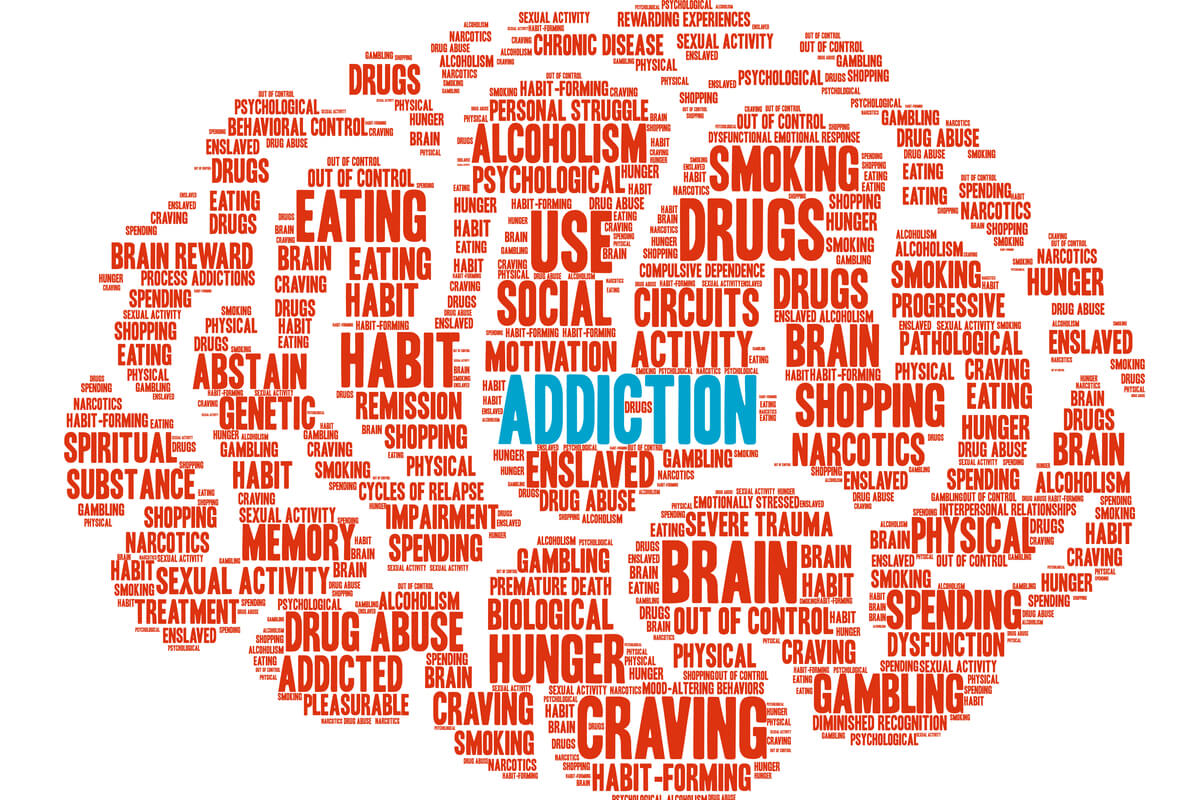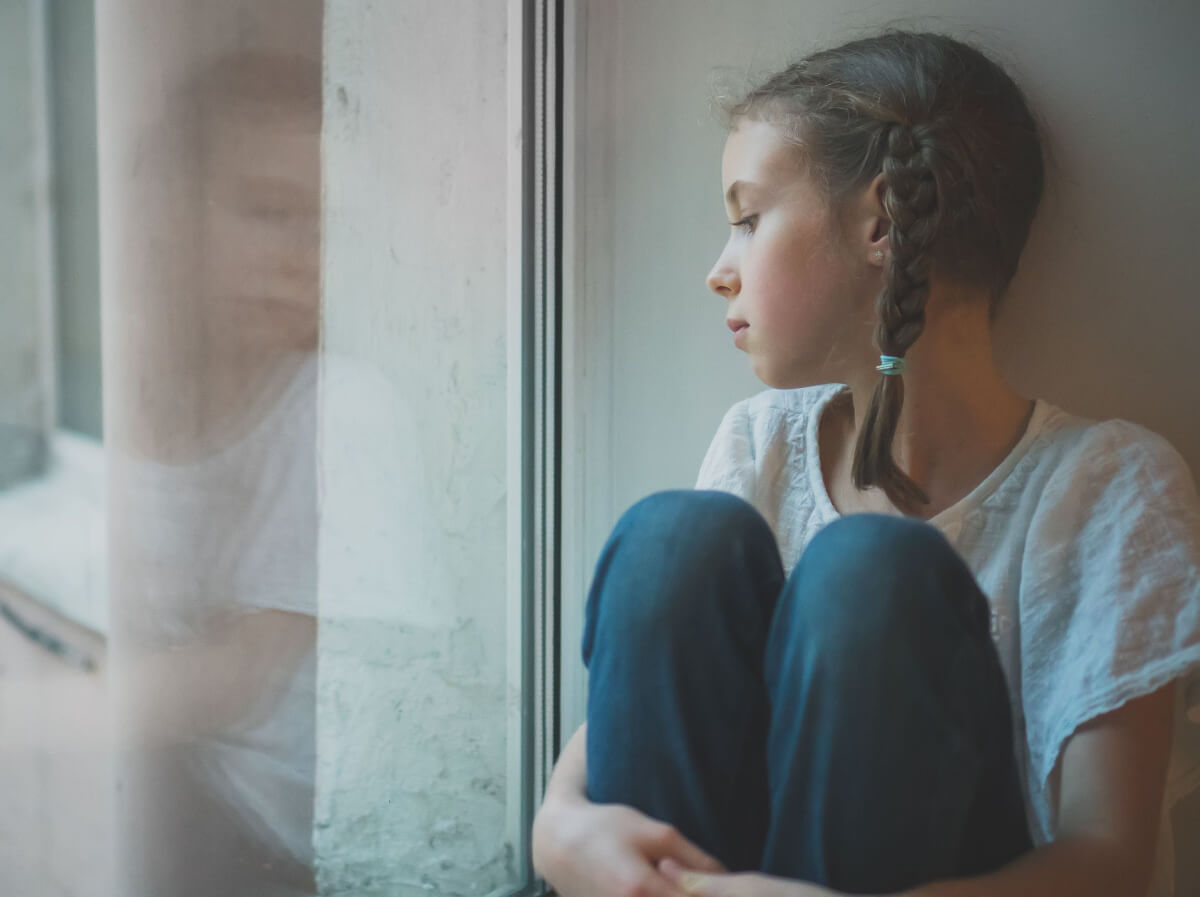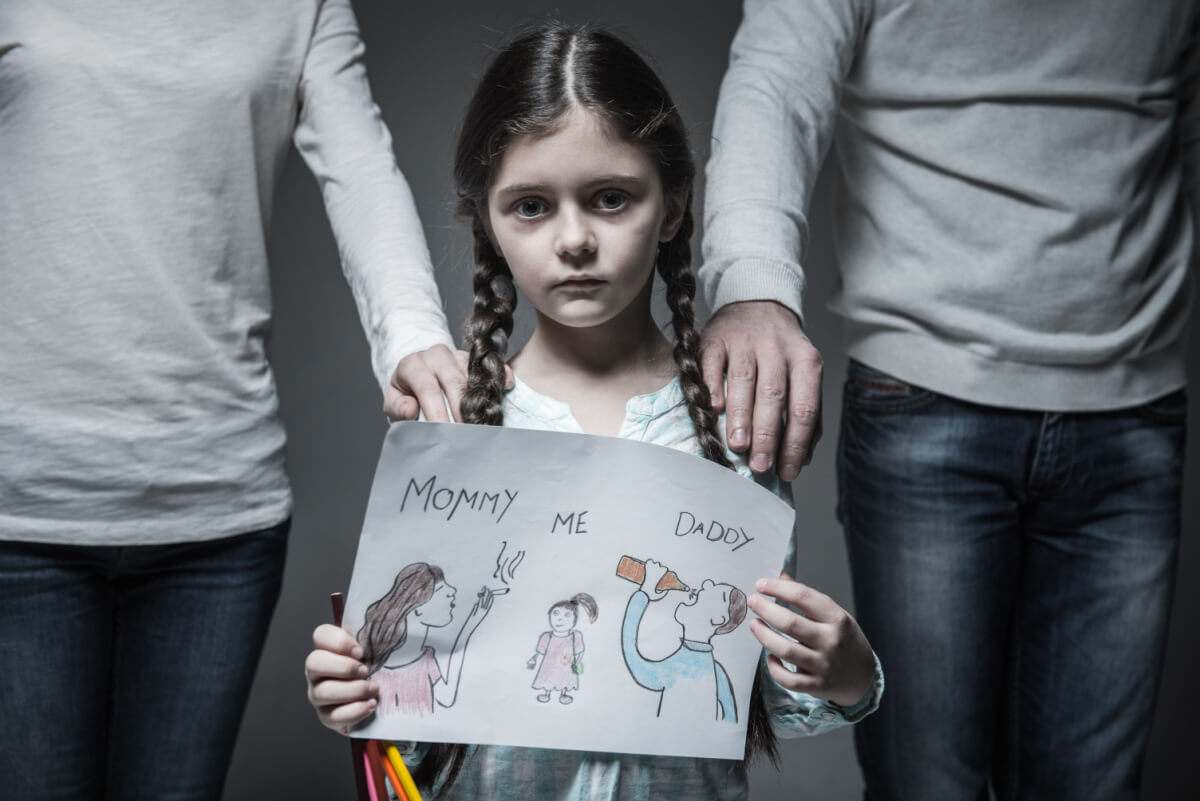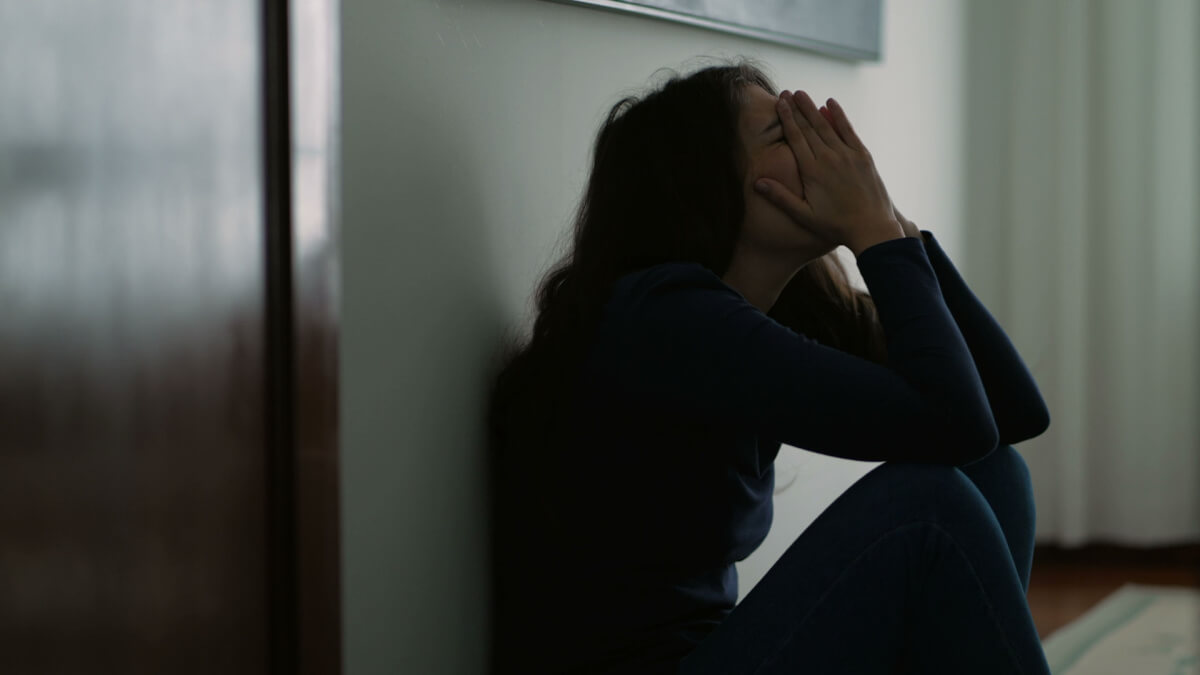
Parents are often the biggest influencers in their children’s lives, even when it seems like the kids aren’t actually listening. Talking to your children about substance use and misuse is one of the best ways to help them understand the risks. Together, you can make a plan on how to avoid the problem in advance of being exposed to substances by peers.
Unfortunately it’s not an easy conversation to have with children of any age, but the earlier you can start a dialogue, the easier it is to convey the main points: what drugs and alcohol are, why people use them, how they do harm, and how to avoid using them when others are drinking and getting high.
The good news is that there are resources available to parents who are trying to support their children in avoiding drug and alcohol misuse as well as resources for children who have been negatively impacted by a family member’s substance misuse or struggled with substance misuse themselves.
National Association for Children of Addiction
The National Association for Children of Addiction (NACoA) is a non-profit organization that works to support children and families affected by substance use and addiction. NACoA was founded in 1986 and is based in Bethesda, Maryland.[1]
NACoA’s mission is to provide education, support, and the necessary advocacy to help children and their loved ones who have been negatively impacted by alcohol and other drug dependencies.
To achieve this mission, NACoA provides a range of resources and support, including these:
- Information and education: NACoA provides information and educational resources to help children and families understand substance misuse and addiction and how to cope with their effects. This includes resources for parents and caregivers as well as information specifically geared toward children.
- Advocacy: NACoA advocates for policies and programs that support children and families affected by substance use disorders. This includes working to increase funding for treatment and support programs, as well as advocating for policies that protect the rights and well-being of children and families.
- Support: NACoA provides support and resources that include support groups and online resources as well as referrals to treatment and other support services.
- Raising awareness: NACoA works to raise awareness about the impact of substance use disorders on children and their loved ones. This includes educating the public about the challenges they face as well as the resources and support available to assist them.
What Are the 7Cs?
According to the Substance Abuse and Mental Health Services Administration (SAMHSA), between 2009 and 2014, an estimated 7 million children aged 17 or under living in a two-parent home and more than 1.7 million kids living in a single parent home lived with a parent that had a substance use disorder.[2]
To help these children heal and understand the nature of substance use disorder, the 7Cs were put together by NACoA to help children process when adults in their lives struggle with addiction and they suffer due to the fallout.[3]
The 7Cs stand for:
- I didn’t CAUSE it.
- I can’t CURE it.
- I can’t CONTROL it.
- I can help take CARE of myself by
- COMMUNICATING my feelings
- Making healthy CHOICES,
- And CELEBRATING me.
Learning that the choices of their parents or caregivers regarding alcohol and other substances is neither their responsibility nor their fault is an essential first step in recovery from some of the ill effects of childhood exposure to adult substance use disorders.
Talking About Drugs & Alcohol With Your Kids
Here are some tips for how to talk to your children about drugs and alcohol at various ages:
Young Children
It’s important to start having open and honest conversations about substance misuse with your child at a young age. Here are some tips for talking to small children about substance misuse:
- Use age-appropriate language and examples. Keep the conversation simple and use language and examples that your child will understand.[4] You can explain that some people use drugs or alcohol to try to feel good, but that these substances can be harmful to the body and may cause problems.
- Emphasize the risks and consequences. Help your child to understand that they should avoid use of any substances no matter what. Without being too graphic or scary, you can use examples like “Drugs and alcohol can make you sick,” or “Drinking alcohol can make you have an accident or get hurt.”
- Set a good example. Children often view their parents and other adults as role models. Set a good example by making healthy choices in your own life and avoiding substance misuse.
- Protect them from bad examples. Do not allow other family members or friends to use drugs and alcohol in front of your kids or to be under the influence in front of them.
8–12 year olds
As your children get older, you can change your approach in how you discuss substance misuse.
- Start a discussion. Ask what your kids have heard about drugs and really listen to the answers. Starting with an open-ended question rather than giving a lecture may garner a better response.[5]
- Update your language and examples. Because children may be better able to understand the nature of drug and alcohol use at this age, speak to them on their level of understanding.
- Discuss the effects of drugs on the body. Substance misuse can have harmful effects on the body, including impairing physical and mental health. Help your child understand the risks of using drugs and the importance of protecting their body’s health.
- Talk about the potential consequences. Substance misuse can have serious consequences, including legal problems, academic difficulties, and damaged relationships. Help your child understand the potential consequences of substance misuse and encourage them to make healthy choices.
- Encourage healthy decision-making. Help your child develop the skills and confidence to make healthy decisions for themselves. This can include teaching them how to say no to drugs and alcohol and how to seek help if they are facing peer pressure or other challenges.
- Encourage open communication. Let your child know that they can always come to you with any questions or concerns they have about substance use. Encourage them to talk to you or another trusted adult if they are ever offered drugs or alcohol, or if they feel pressured to use substances.
- Help your child develop coping skills. Substance misuse is often a way for people to cope with stress or negative emotions. Help your child develop healthy coping skills, such as talking to you or another adult they trust, taking part in physical activity, or practicing relaxation techniques.
- Seek help if needed. Any sign of substance use or misuse in your child must be addressed immediately and appropriately, with boundaries put into place at home and medical and/or therapeutic care if needed.
Teenagers
As your child nears the adult years, you can begin to take a more mature tone in your conversations about substances. Use these tips to talk to your teen:
- Use open and honest communication. It’s important to have open and honest conversations with your teenager about substance misuse. Encourage them to ask questions and express their thoughts and feelings. You may need to start the conversations, so don’t be shy about checking in with them frequently, even if they seem disinterested in talking.
- Get detailed about the risks and consequences. If you haven’t already talked about overdose deaths, life-changing accidents, and the increased risk of devastating trauma and legal problems that can be caused by drug use, now is the time to start. Stay away from fear-mongering talks, but be honest in the real consequences that are possible.
- Set boundaries and expectations. Set clear boundaries and expectations for your teenager’s behavior, and be consistent in enforcing them. This can help them understand the importance of making healthy choices and avoiding substance misuse.
- Address peer pressure. Many teenagers feel pressure to use drugs or alcohol, either from their friends or the media.[6] Help your teenager understand that it’s okay to say no to drugs and alcohol, and that they have the right to make their own decisions about their bodies.
- Provide support for stress, anxiety, and depression. Teenagers may turn to drug and alcohol misuse because they are struggling with uncomfortable emotions or pressure. Help them to reach out to a counselor or therapist to work on whatever they’re facing rather than turn to drugs and alcohol.
- Encourage them to seek help if needed. If your teenager is struggling with substance misuse, encourage them to seek help from a medical professional or addiction specialist. Let them know that they are not alone and there are resources available to support them.
Important Tips: How to Discuss Substance Abuse With Your Child
Every day that passes without your child trying drugs and alcohol is a day that their brains and bodies have a chance to develop healthfully. It’s worth it to invest in your child’s mental and emotional stability even if the conversations are difficult at first.
Here are some tips to assist you:
- Not talking about drugs and alcohol sends a message. If you are hoping that avoiding the discussion while also avoiding drugs and alcohol yourself will be good enough, know that your child is still going to be exposed to substances out in the world. If you don’t arm them with how to respond, they will be left to their own devices.[7]
- Start early. It’s important to have open and honest conversations about substance misuse with your child from a young age. This can help establish a foundation of trust and communication that will be important as they grow and face new challenges.
- Speak on their level. It’s important to use language and examples that your child will understand and relate to. Avoid using technical terms or scare tactics, and try to keep the conversation respectful and nonjudgmental.
- Repeat the conversation frequently. The conversation about drugs and alcohol is not a “one and done” situation. Bring it up repeatedly whenever there is a teaching moment and even when there isn’t one to make sure that your child has the tools they need to handle the situation responsibly when faced with the chance to drink or get high.
- Continue to have the conversation even if they seem irritated. Few kids are going to be excited about talking about the harmful nature of substances, especially as they grow older, but know that they are hearing you. When they are out there on their own, it is your words and guidance that they will fall back on.
- If you need help, don’t wait. If you are struggling with a substance use disorder, do not think that your children don’t know or that you are protecting them from it by avoiding treatment. Instead, get help. Seeing you make hard choices to take care of yourself will not only demonstrate your commitment to them, but it will also provide them with a good example.
What Can You Do to Keep Your Children Safe From Drugs?
Beyond talking to your children about the dangers of drugs and alcohol, there are a number of things you can do to protect them from exposure to substance use and misuse. These things can help them process the issue if they are inadvertently exposed to the harms of addiction:
- Avoid covering up drug and alcohol use in others. If a friend or family member or someone on TV is under the influence and your child asks questions, don’t make it sound silly or unimportant. Instead of saying, “Oh, don’t worry about that,” say something like, “He is drinking alcohol, and he’s acting differently because of it. He may even get hurt because he’s not making good choices.”
- Set boundaries for your children. The expectation that your child should avoid use of any and all substances should be made clear from the start, and it is important to enforce them with consequences. While “getting in trouble” may not be the appropriate response at every age, it is important not to diminish the risk or sweep the issue under the rug.
- Know your kids’ friends and their families. Knowing the people your kids spend time with and the values and behaviors of their friends and their families can help you understand the risks your kids may face.
- Monitor your kids’ online activity. Many substances, including prescription drugs, can be purchased online.[8] Monitor your children’s online activity and discuss the risks of purchasing drugs online.
- Keep prescription drugs locked up and out of reach. If you have prescription drugs in your home, keep them locked up and out of reach of kids. Dispose of any expired or unnecessary medications.
- Educate yourself. It’s important to stay informed about the latest trends in substance misuse and the potential risks your children may face. This can help you have more informed conversations with your kids and make better decisions to keep them safe.
- Involve your children in healthy activities. Encourage your kids to participate in healthy activities, such as sports, music, or other hobbies, which can help keep them busy and engaged in positive pursuits.
- Take part in healthy activities yourself. Engage in the same healthy behaviors, eating habits, and pursuits that you recommend to your kids and include them when you do.
Help for Adults
Having children can make it more difficult to address a substance use disorder. It is not easy to admit that drug and alcohol use has become a significant issue under any circumstances, but when children are watching, the impetus may be to sweep the problem under the rug and hope that turning attention to them will make it go away.
Unfortunately, substance use disorders do not heal on their own, but there are a number of ways to address the physical and mental withdrawal symptoms associated with cessation of drug and alcohol misuse without leaving kids alone at home or with a family member.
With comprehensive addiction treatment, you can effectively manage your substance use disorder, so it doesn’t negatively affect your relationship with your kids or your overall well-being. If you need help, reach out for it today.

Reviewed By Peter Manza, PhD
Peter Manza, PhD received his BA in Psychology and Biology from the University of Rochester and his PhD in Integrative Neuroscience at Stony Brook University. He is currently working as a research scientist in Washington, DC. His research focuses on the role ... Read More
- National Association for Children of Addiction. https://nacoa.org/. Accessed December 2022.
- Children Living With Parents Who Have a Substance Use Disorder. Substance Abuse and Mental Health Services Administration. https://www.samhsa.gov/data/sites/default/files/report_3223/ShortReport-3223.html. August 2017. Accessed December 2022.
- Remember the 7 Cs. Just 4 Kids, NACOA. http://www.nacoa.net/7cs.html. Accessed December 2022.
- Talking to Kids About Drugs. Better Health Channel. https://www.betterhealth.vic.gov.au/health/healthyliving/talking-to-children-about-drugs. Accessed December 2022.
- Talking to Your Child About Drugs. Kids Health. https://kidshealth.org/en/parents/talk-about-drugs.html. November 2020. Accessed December 2022.
- How to Handle Peer Pressure. Kids Health. https://kidshealth.org/en/kids/peer-pressure.html. February 2022. Accessed December 2022.
- Why You Should Talk With Your Child About Alcohol and Other Drugs. Substance Abuse and Mental Health Services Administration. https://www.samhsa.gov/talk-they-hear-you/parent-resources/why-you-should-talk-your-child. September 2022. Accessed December 2022.
- Kids Can Buy Drugs Easier Than You Think. The Hub. https://www.thehubct.org/post/kids-can-buy-drugs-easier-than-you-think. October 2018. Accessed December 2022.
Download Our Free Program Guide
Learn about our program, its effectiveness and what to expect
Related articles
Imagine what’s possible on the other side of opioid use disorder.
Our science-backed approach boasts 95% of patients reporting no withdrawal symptoms at 7 days. We can help you achieve easier days and a happier future.








